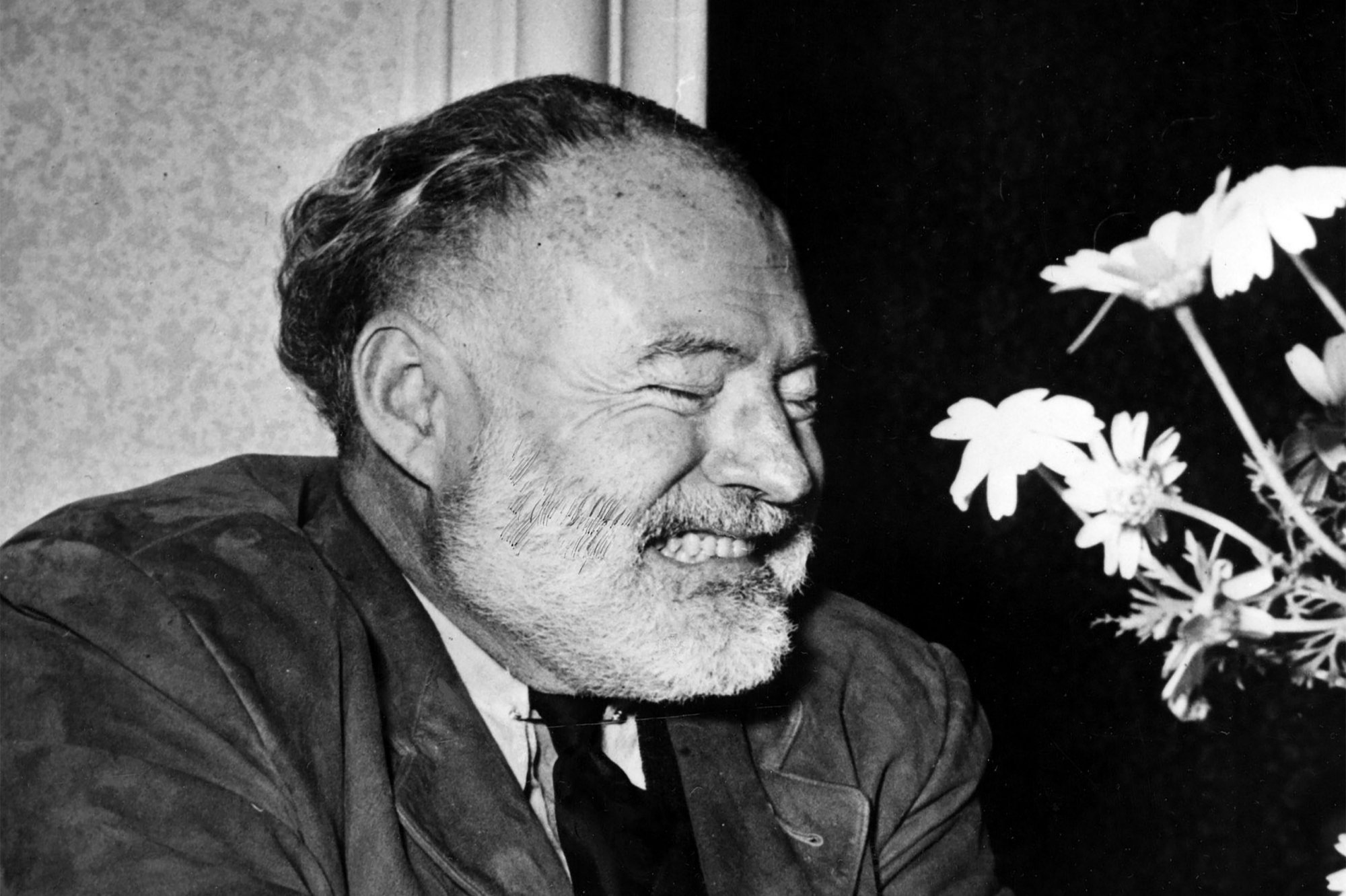The Five Stages of All Book Hangovers
It’s like the five stages of grief, except for that you’re just being annoyingly melodramatic.
By Mykaela Alvey, Anderson University
I, like many others, am an avid book reader.
I read any chance I get. I’ll read books on history, sci-fi, romance, dystopian societies, etc. You name it, I’ll read it.
Becoming emotionally invested in the lives of the characters does not come without its costs though. Empathizing with these fictional people means that when they die, leave, backstab or do anything really, you feel all of the same feelings they do and more. This also means that when their story ends (the book is over), you go through a period called “the book hangover.”
Urban dictionary defines book hangovers as: When you’ve finished a book and you suddenly return to the real world, but the real world feels incomplete or surreal because you’re still living in the world of the book.
So, in order to help book-lovers understand the stages that they’re going to go through, and in order to help the friends of book-junkies understand why we’re acting weird and overly emotional, I’m going to explain the five stages that every book lover goes through at the end of each book.
Denial
The first stage is the easiest one in regards to your emotions, because you are essentially ignoring that there’s any problem at all. As the last page is being read, a strong but subtle desire to repress reality is slowly building up within you. When you have completed the last few words, only then does it begin to fully settle.
It’s one thing to mourn the death of a character, but the entire book? That’s madness! It makes sense though, because the reader’s unwillingness to believe that it’s over is really just a complicated defense mechanism that’s designed to reject the fact that the lives of these fictional beings have come to an end. There’s nothing more. The story is over. And your psyche can’t take it.
This is the stage when book-lovers sit there a while longer, imagining what might happen to the characters after the final words. And, fun fact, this is actually how fanfiction is born! Denial is such a powerful opiate to some readers that they’re unable to move past the first stage of the process. They just can’t let it go.
Anger
After the denial stage anger is inevitable. It can be directed in any of three ways.
Some of it is directed at the author for ending the book/series sooner than you would prefer; some of it is directed at the characters for ending in a way that we didn’t want them to, but most of the time, you’ll direct the anger at yourself.
Your righteous fury can stem from any number of made-up faults, but usually you’ll get mad at yourself for not slowing down your reading pace.
You could have read just one chapter a night and enjoyed the book for weeks, but no, you had to stay up ‘til 4AM to read “just one more chapter.” Book-lovers are not stellar at pacing ourselves.
Disclaimer: Sometimes book-lovers even get mad at the people around them. How can everyone else go on living their normal, wonderful lives when I’ve just experienced a catastrophe? How can no one else feel this incredible pain? Do they not love as freely as me?
So, yeah, we’re probably a bit dramatic, but who isn’t, right?
Depression
When the depression stage hits, times are going to be rough. Though the sadness can make you question why you’re alive, you can take solace in knowing that you’re one step closer to getting back to your normal life.
Depression naturally follows anger because it’s the acknowledgment that the book being over is no one’s fault but your own. You try to accept that, but you can’t yet.
Even the thought of other books, other characters, other stories is just too painful. How will you ever start again? How could you even care for any other fictional characters? How could you leave behind the ones who meant so much to you?
This is a dark time.
Acceptance
Acceptance comes when you relinquish all the residual bitterness and resentment, and you finally learn to accept the inevitable. Everything ends eventually.
At this point, you still aren’t ready to start reading again, but you have accepted the fact that your time with these characters has now reached its end, and it will be okay.
Eventually, you will be able to look back on the books with nothing but fond memories. This is the point when you realize that there are other fictional characters out there, others stories that are just as awesome, other authors who will make you laugh, cry and smile.
Everything will be okay.
Moving on
Once you have accepted the inevitable, the final stage comes pretty quickly. While it is similar to acceptance, there is a slight difference. Acceptance simply means that you are finally okay with ending the book, but moving on happens when you are ready to start a new book/series. This final stage comes when the idea of starting a new book/series no longer makes you angry or upset.
Readers reach this point at different speeds, but once you reach it, you realize that you’re finally healthy enough to move on.
Or, it’s okay at least until you finish the next book, but why think of that right now?








